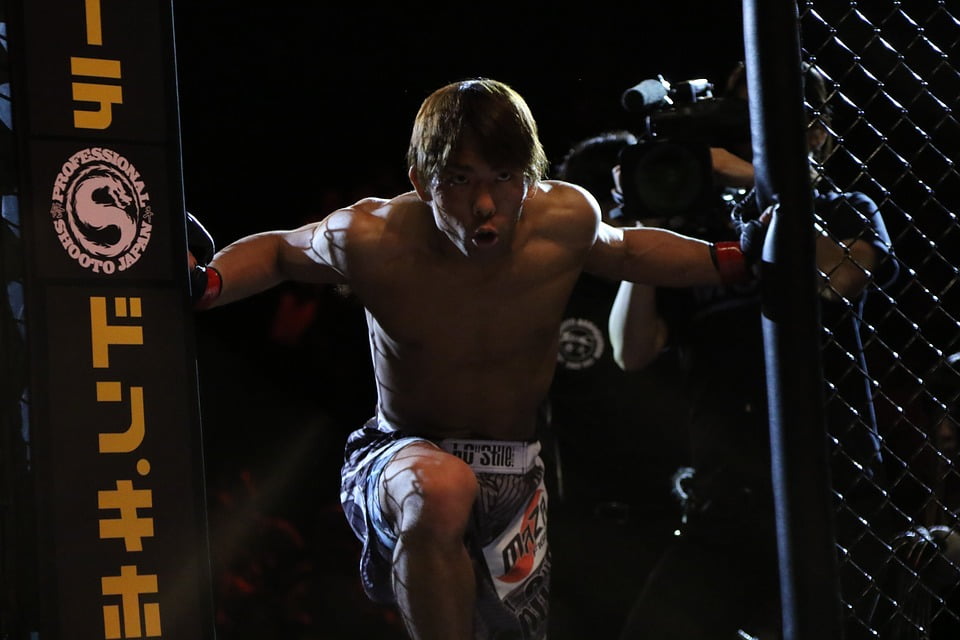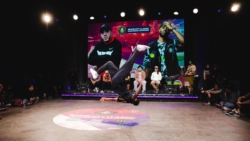When Art Davie brought the idea of an eight-man single-elimination tournament called “War of the Worlds” to John Milius and Rorion Gracie as a way to introduce mixed-martial arts fighting to the world, they took it to pay-per-view producers TVKO, who were owned by HBO and SET, who were owned by Showtime.
Both TVKO and SET declined out of hand and the company Davie, Milius, and Gracie created to front the event, WOW Promotions, eventually partnered with Semaphore Entertainment Group (SEG) who already had experience in creating niche pay-per-view events.
The first Ultimate Fighting Championship (UFC) event drew in a respectable 86,592 television subscribers on pay-per-view who tuned in to answer questions like can a sumo wrestler beat a kickboxer and were shown a masterclass in how the groundwork and submission techniques of Gracie jiu-jitsu worked.
These days, the UFC is a firm fixture of the mainstream sporting world, having displaced other fighting sports such as boxing and judo from the pinnacle of the fighting sports podium and accruing both viewing figures in their millions and a number of heavyweight official and exclusive partners, such as PokerStars.
In this article, we’ll be looking at how a one-off pay-per-view event went on to become one of the most dominant combat sports in the world.
The Transition from Spectacle to Sport
One of the major draws of the early UFC tournaments was the fact that they were advertised as having no rules. This wasn’t quite true as there were rules banning biting and eye-gouging.
This perceived lack of rules brought in fans who wanted to see a no-holds-barred fight and certainly caused some controversy.
At this point, the UFC was moving away from the one-shot spectacle of its first tournament and trying to establish itself as a combat sport that could rival boxing. More and more of the competitors fighting in events were professional fighters who used a mix of various martial arts.
The organization of the UFC tournament also changed, shifting away from the tiered tournament style and moving towards the singles matches that modern UFC fans would be more familiar with.
This transition towards becoming recognized as a proper sport was hampered by the absence of rules. Senator John McCain, who strongly opposed the UFC, wrote to the state governors asking them to ban the sport and in response many did.
With no-holds fighting being banned in thirty-six states, UFC 12 was held in the less than salubrious surroundings of Dothan, Alabama.
As part of their rebranding as a sport, the UFC worked with state athletic commissions to construct a set of rules that removed controversial techniques like groin strikes and fish-hooking while still keeping most of what set UFC apart from professional wrestling and boxing in place.

The Zuffa Era
In 2001, Frank and Lorenzo Fertitta and their business partner Dana White paid $2 million for the rights to the UFC and created Zuffa, LLC, taken from the Italian name for a street fight.
Under the Fertitta’s and White, the UFC began to gain traction in the mainstream, partly due to a greater amount of advertising and partly due to the presence of popular fighters like Ken Shamrock.
The viewing numbers continued to rise and UFC 57 was estimated to have drawn in around 410,000 pay-per-view watches, a considerable increase over the 86, 592 for UFC 1.
The UFC was also branching out into non-pay-per-view television shows like The Ultimate Fighter 1 and UFC Unleashed which were aired at the same time slot as WWE Raw.
Building the Brand
The UFC continued to go from strength to strength in the mid-2000s, with the UFC acquiring World Extreme Cagefighting, the Pride Fighting Championships, and Strikeforce.
The popularity of the UFC also brought with it high-level sponsors and partners, the largest being FOX, and saw a widespread rise in the popularity of mixed martial arts, with everything from MMA styled clothing brands to UFC gyms popping up.
With the coalescence of the fighting championships around the world, fighters like Ronda Rousey, Khabib Nurmagomedov, Amanda Nunes, and Conor McGregor became household names and the UFC continues to go from strength to strength as one of the world premier combat sporting events.
Image Credit: Pixabay






